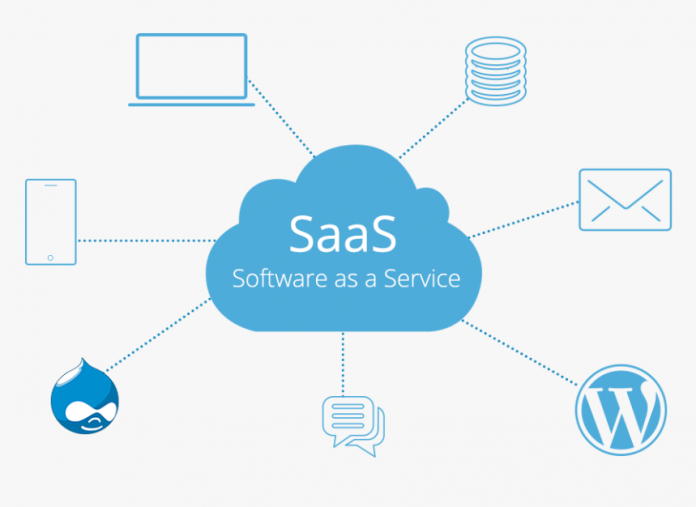There are many factors that CSPs need to weigh when looking at the increasingly attractive option of adopting new capabilities through a SaaS model
By adopting telecom services delivered through a Software-as-a-Service (SaaS) model, communication service providers (CSPs) can realize IT cost savings of approximately 25% over a five-year period, according to new research released today from Analysys Mason.
The projected reduction compares to the cost of the traditional on-premise model of software delivery and consumption, which entails CSPs having to buy, manage, and maintain their own complex hardware and software infrastructure.
While market perceptions exist of telecom SaaS services having higher longer term costs due to recurring monthly subscriptions, Analysys Mason said those perceptions did not typically take into account the full extent of potential benefits using SaaS services, including lower initial investment and always having the latest software and technology. In the case of the on-premise model, CSPs often have to buy data centre resources every five years or so and use IT consultants regularly to manage their elaborate IT environments.
“Care, therefore, should be taken to compare not just the licensing costs for various deployments, but also the costs associated with end-of-life upgrades, staffing and maintenance in order to understand the full range of cost savings that can be achieved by using a SaaS-based deployment”, Analysys Mason said.
“CSPs may gain more benefit by outsourcing the responsibility of a deployment’s maintenance to a vendor, thereby enabling internal staff to focus on improving revenue generation. This also means that resources that would have otherwise been spent on hardware can be spent elsewhere”.
In producing its report, Analysys Mason said it considered cost-saving benefits related to reliability, time-to-market, scalability, staff training, updates and upgrades, maintenance, IT hardware reduction, security; as well as the improved potential for revenue generation tied to enhanced reliability, time-to-market, and updates and software upgrades from the use of SaaS services.
Accounting for 5% of CSPs’ operational expenditure in 2019, CSP spending on SaaS has increased in recent years, according to Analysys Mason; that is expected to rise to 11% by 2023, as CSPs continue to execute on digital transformation projects.
Justin van der Lande, Research Director at Analysys Mason, said, “As this research shows, there are many factors that CSPs need to weigh when looking at the increasingly attractive option of adopting new capabilities through a SaaS model. In many scenarios, the long-term software costs associated with SaaS can be outweighed when CSPs consider the significant savings that are possible in other areas, as well as reduced time to value for the creation of new services. Long-standing CSP pain points are also avoided: no more having to plan how data centre resources, testing of changes and right scaling of hardware to best meet capacity needs; these all fall to the SaaS vendor”.
Mark Bunn, Senior Vice President, Cloud and Network Services at Nokia, said, “With monetization of 5G assets at the top of their agenda, CSPs need cost-effective tools that not only support delivering on the promise of 5G, but strengthen their ability to get more value for their expenditure. There is a strong operational and financial case for moving to SaaS services today and away from the dated practice of buying customized software for analytics, security, and other functions that run on costly, complex, on-premise infrastructure”.
Also read: CIO News interviews Shri Wangki Lowang, Minister (IT) of Arunachal Pradesh
Do Follow: CIO News LinkedIn Account | CIO News Facebook | CIO News Youtube | CIO News Twitter
About us:
CIO News, a proprietary of Mercadeo, produces award-winning content and resources for IT leaders across any industry through print articles and recorded video interviews on topics in the technology sector such as Digital Transformation, Artificial Intelligence (AI), Machine Learning (ML), Cloud, Robotics, Cyber-security, Data, Analytics, SOC, SASE, among other technology topics






